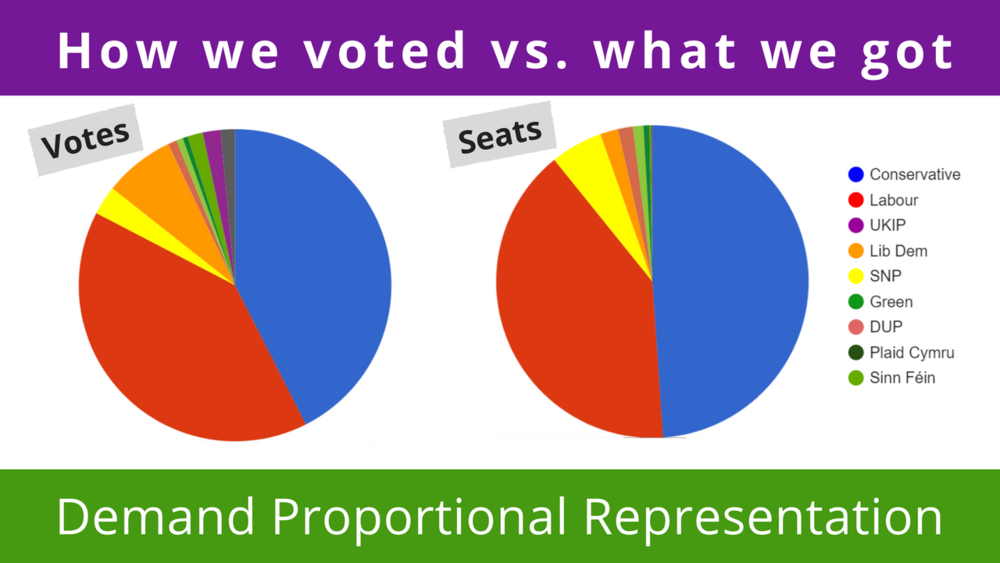The First Past the Post System and tactical voting – Ayoola Oshiyemi
What is it? An electoral system often depicted as the winner takes all, where voters indicate a ballot in which a device is used to cast votes in an election and is often held secretly. It is a voting system in which every voter is permitted to vote for only one candidate and the candidate who gains the most among their plurality or counterpart it is utilised to elect MPs to the UK parliament. It is specifically used to elect MPs to the House of Commons. For this system to function for elections, the UK is split into 650 districts or constituencies which reflect the amount of seats received in parliament and at elections, the candidate with the most votes becomes the MP and the party with the most MPs becomes government. It is practised by one third of countries. The First past the post system is quite a controversial electoral system and the Electoral Reform Society in the UK have advocated to get rid of this system for all elections.

Why we use FPTP: It secures a close connection between the MP and the constituency as essentially each constituency collectively votes for one representative. It is also very easy to utilise as there is only one winner from each party which is put forward for each constituency. It is very efficient and less time-consuming as there is no delay. The concept is very easy and simplistic to comprehend as the ballots can be easily counted and processed than in preferential voting systems. Although it has proven to be quite controversial, voters have been given the opportunity to abolish this electoral system for UK parliament however chose to keep it therefore implying the way in which it works well within our society. Also it supplies a clear cut choice for voters between two main parties. It allows people to choose a particular person rather than a collective body. One party often wins the election which means the winning party have five years to put its plans into reality.
Controversies: It doesn’t take into account the society as a whole and therefore can cut of several votes projected towards the minority parties and could therefore depress the voters turnout as many are discouraged to vote as they feel their vote may not count. A key example of where FTPT system has gone down in history for not accurately reflecting the amount of votes to the amount of seats in parliament was in the 2015 General election, where UKIP only received one seat out of 650 seats, despite securing about 3.8 million votes. Votes are often unequal in value as in small constituencies they are often more than in larger constituencies. Votes are depicted to be wasted if they are cast for a losing candidate. It can often be a form of tactical voting where candidates have the mentality of voting against the candidate they dislike rather than voting for the candidate they like. Additionally it is often said that first past the post system overclouds political diversity.
General election: The 2019 United Kingom General election is set to take place on Thursday 12th of December, 2019 which swiftly follows the one that took place in June, 2017, two and half years before. Boris Johnson was the one who’d called the general election because he is hoping of gaining a majority vote for his party (Conservatives) to secure a Brexit deal, and to be more popular than their rival party, the Labour Party. In the recent weeks, there has been a moderate increase in the Conservatives levels in terms of polls and Labour has had a more flat and and less consistent average rating with Liberal Democrat’s a few points behind. On polling day, results centres will open at 7a.m and closes at 10pm and the winners will be announced slightly later, the following morning. Last week, on the 6th of November, 2019, due to the fact that the Conservatives were failing to secure a Brexit deal a majority vote over 50% as they only had 298 MPs, whereas all the other parties combined have a greater majority and would therefore not be able to establish his Brexit deal. Parliament has to be dissolved 25 days before the public can go to the polls in an election.















Post Comment
You must be logged in to post a comment.